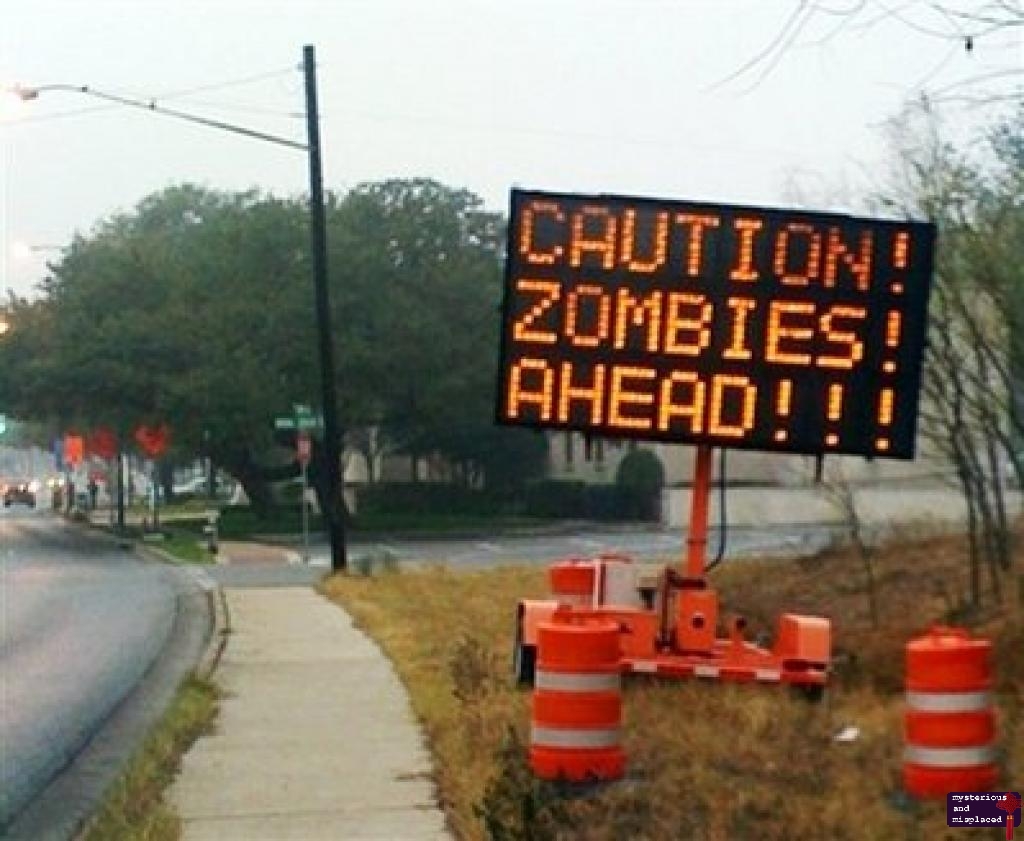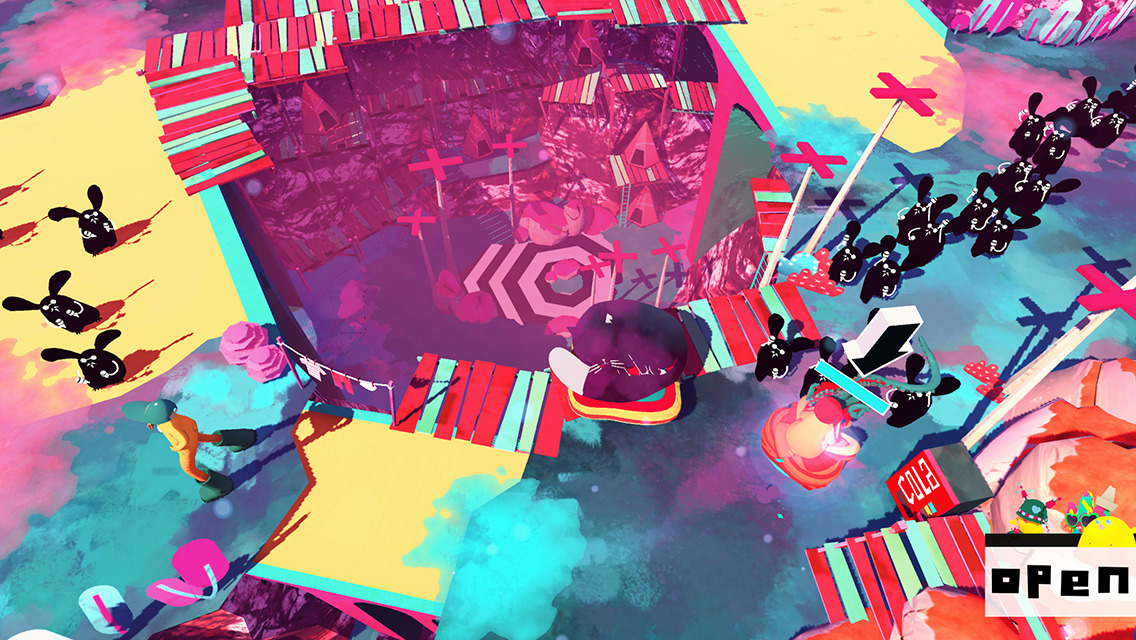 You hear a lot of talk about the Indiepocalypse lately, to the point that developers now probably need to joke about “hours since the last Indiepocalypse article" counters. But the idea of the Indiepocalypse is the hypothesis that it’s impossible for indie developers to succeed on a full-time basis any more because there are too many developers in the market. Which, honestly, has been true for a while now on mobile, and we’re getting to a point where Steam has more games released than ever Indies are constantly chasing after the next blue ocean. Is it literally impossible to succeed in the 2015 market? No, not at all. It’s still quite possible through dumb luck to make a lot of money. But is it extremely difficult and luck-centric? Absolutely.
You hear a lot of talk about the Indiepocalypse lately, to the point that developers now probably need to joke about “hours since the last Indiepocalypse article" counters. But the idea of the Indiepocalypse is the hypothesis that it’s impossible for indie developers to succeed on a full-time basis any more because there are too many developers in the market. Which, honestly, has been true for a while now on mobile, and we’re getting to a point where Steam has more games released than ever Indies are constantly chasing after the next blue ocean. Is it literally impossible to succeed in the 2015 market? No, not at all. It’s still quite possible through dumb luck to make a lot of money. But is it extremely difficult and luck-centric? Absolutely.
A rising tide sinks all boats, and each store really only has so many featured slots. And if platforms converge to where, say, Apple and Google play a bigger role in developer featuring and getting games out to audiences, it might be harder for games to stand out than ever before. And in a market with lots of competition, the indie that might have been able to hustle on limited resources now has to compete with more players that might be more talented and have more resources available to them, due to the fact that there’s little difference in digital stores between a game made by one person and one made by a hundred. It’s just part of the rise of digital distribution and the death of scarcity: how does anyone stand out when there’s limitless choice, and plenty of people who don’t need to do well enough to succeed at a full-time basis?
Plenty of people deny that the Indiepocalypse is happening, but I’ve yet to hear a good counterargument beyond the rhetorical equivalent of plugging one’s ears and yelling “I CAN’T HEAR YOU LALALALALA." Because, well, no one has really figured out how to reliably succeed in a market of no scarcity, other than volume. This is across pretty much all forms of media at this point, music most notably having similar issues of limitless supply and a customer base that doesn’t really need to pay to get what they want. And at least there, musicians have touring and merchandise revenue to offset the demise of recorded music, something game developers don’t have an alternative for. So you’re hoping to get sizable audiences to pay with their money or time in a world of a million other things taking their time and money.
I don’t think anyone has a good solution for how to survive in a world of no scarcity, and honestly, the reasons why I think the Indiepocalypse is a real threat applies to other forms of media as well. But the threat is that it feels like independent game development has a lack of resources behind developers, and a real attitude that the goal is to succeed and be self-sufficient, where hobbyism is far more accepted and normal in other forms of media. Or that there’s more resources available to other kinds of artists that indie game developers can’t rely on.
I’d venture at this point that an indie developer succeeding to the point of being able to support themselves to keep making games is dependent on three factors: luck, intelligence, and quality.
Frankly, the “quality" part is where a lot of developers get caught up. Making a quality game should be key, it’s the one factor they have the most control over. But whose fault is it if developers make a game that doesn’t have an audience? It’s eminently possible to make a game that only a tiny sliver of the gaming audience will enjoy, or to try and flood an already-crowded genre with something that doesn’t stand out. And because indie developers are in a position where they can’t really pivot from risks because they have limited resources available to them, they could be stuck chasing after bad money with a game that won’t make any money, because they can’t not make it after all the time and money they’ve put into it.
It takes intelligence, the knowledge that a developer can make a game that has a market, where there’s enough of an interest and enough for them to stand out. They need to do marketing, and know the platforms they release on – if you release a game on the App Store on a Friday, you’re taking a major risk that Apple won’t feature you a week later, and why risk it? Studying and knowing what people want, finding the audience and catering to them, it requires work beyond just making a good game. It requires talent that isn’t just knowing how to code or draw – and this is often tough to get because teams have to be lean for anyone to make any money!
But then, there’s luck. Sometimes, it won’t matter, maybe if a developer makes another pixel art puzzle platformer, it’ll be the one that sells a million copies? And it’s easy to look at some games that seem like genius ideas in retrospect and realize how lucky they were. What if Crossy Road (Free) came out a week earlier or later, and didn’t get its Editor’s Choice featuring? Apple seems to hint to developers when to release, sure, but there’s always so many games coming out each week. Maybe it gets the featuring, but something about the game doesn’t let it strike that nerve that causes it to go viral and let “Just make Crossy Road, JEEZ" a thing.
Prune ($4.99) sold a great amount, and it seems like it struck an artsy puzzler niche, but it could’ve also missed out on its Editor’s Choice if it took a month more or less to finish, or if it was on sale the same week that another EC-worthy game came out. Or maybe it just doesn’t strike the fancy of the editorial team on that day, and it sells a hundred copies. Or it releases a day too late past the whole “artsy puzzler," Monument Valley ($3.99) audience that it was aiming for. Even Five Nights at Freddy’s ($2.99) is a combination of a developer striking a nerve at the exact right moment, making the game good enough with enough appealing elements to build up an audience, and then capitalizing on that audience in the best way possible.
Every game release is a combination of those three factors, and honestly, luck is number one, because of how many random elements have to come together to make a game stand out and appeal to people’s tastes. Sure, being smart enough to make a game that people want, and to ensure that the marketing gets the game in front of the right eyes is key, but so many uncontrollable factors can impact a game release. Maybe the key press or video coverage that makes a game a success doesn’t come because the email pitch comes in on the wrong day. Every game is subject to so many random whims that could cause it to sink or swim.
The luck issue is tough, because there’s three factors in play that make it harder for anyone else to get lucky. One is that there are ever-more developers out there. Wannabe professional indies are competing with weekend warriors and hobbyists who don’t need to succeed, they’re just trying to get money for beer and to maybe justify the money they spend on being an Apple developer and licensing Unity. And there’s so much talent out there that the part-timers and amateurs can make games that rival the full-timers, or at least crowd them out. And there are developers coming from areas where a dollar isn’t necessarily a dollar. A developer from India, for example, has one major advantage in trying to succeed as an indie because one dollar might be worth the equivalent of several dollars to them. The indie developer in the US right now is competing in a market where globalization is set to crush them.
The second is that especially on mobile, it’s tough to compete because there are entities with resources that smaller studios just do not have. In a market where free-to-play is the way to make money, and games often need advertising and marketing that requires resources that smaller developers do not have, how can they compete? If your game requires millions of downloads to make money for you, how can you get that if you can’t make enough money in the bank to get to that point? This is something where perhaps if more investment was out there for smaller studios who just needed resources to get off the ground, it’d be great. It’ll be interesting to see in the next few years, as free-to-play will be an even more established force: Apple TV brings TV gaming and free-to-play to audiences that might not have bought a console since the Wii (or ever), the kids growing up in the free-to-play era will start to get disposable income, and even the gamer enthusiast audience grows more acclimated to free-to-play and sees it’s not a huge evil, or just accepts it. Free-to-play requires a ton of resources to test and research monetization that full-time indies trying to put food on their table don’t really have the resources to do. How will they compete? The Crossy Road business model can’t work forever, can it?
The third is that the culture works against potential full-time indies. It celebrates the artsy, self-supporting indie. I liked Game Loading, but it celebrated that ideal too much, I think. The number of artists who can make revelatory games and succeed is minuscule, and maybe shrinking because it’s harder than ever to stand out. Even if it doesn’t compel everyone to be the next Phil Fish or Johnathan Blow, it does compel people to look and act like serious deals when they might be just folks coding in a bedroom at night whenever they have a free moment. It makes people who need to hustle by doing things like contract work or the dirty low-level engine and technical work feel like they’re not part of the community. I talk to people who feel like they struggle to fit in because they don’t fit in with the auteur model. It really feels like it makes the developers who don’t have a problem with doing the dirty work, with doing things like monetization and making games that appeal to a mass audience instead of just the indie audience, not feel like part of the community. And as I said – I don’t think the Crossy Road model works forever. And it feels like everyone’s just trying to copycat that game and rush to where the market was in November 2014, instead of where it’s going to be when their games are done.
There are always developers who will get lucky and rise above, sure. There’s always enough clever hustlers and people willing to go crazy to follow their dreams that they’ll find a way to succeed in a tough market. I empathize with that – I managed to become a full-time freelancer in a world where internet advertising is dying and video is increasingly trumping the written word! I know all about the hustle! But not everyone can or should try to hustle OR succeed with their dream game. I know, I see a lot of the games that get submitted and a lot of them are, well, not great, folks.
And maybe the secret, the way to beat the “Indiepocalypse" is to tell developers that it’s fine to not be a full-time indie auteur or hustler. There are many that have a pragmatic view of things, I know – but it feels like we need to find a way to make it acceptable to be a weekend warrior, to be someone who just puts out the games they want to make without any concern toward their marketability, and that we don’t sit there and worry “are they going to make any money off of this?" Let’s celebrate the hustlers and understand that art and commerce are a particularly challenging mix when it comes to indie games.
I think the Indiepocalypse is predicated on the view that everyone in the independent game development scene is playing to win – or even to be sufficient – and that is frankly impossible in a world where there’s no scarcity and unlimited competition. And it’s not a bad thing if we say, it’s cool to be just a person who codes games at Starbucks after 9-5 at a job making financial software. You don’t have to try to succeed, you can just be an amateur who pulls in a few bucks and maybe if the situation is right, you can take off. That’s fine! But right now, it feels like even among part-time entities that the goal is to play to win, and while I think there’s baseline stuff that developers should do to not shoot themselves in the foot, I’m also saying that maybe the goal needs to be to convince people that the goal shouldn’t be to succeed, it should be to make cool games, and that should be celebrated. Not every game has to succeed or look like it’s trying to be, and that it shouldn’t be taken any less seriously because of that.
But it really feels like right now, there’s too many people trying to play to win in a market that, even if they do literally everything right, that they can’t win at, because it’s so crowded that you need an impossible amount of luck to really succeed. And with so many going after so few opportunities, because indies tried to chase after things like opening up Steam instead of making other markets viable, or going from mobile to PC and console despite those platforms having a ceiling they’re quickly reaching, so many in the market are set to fail as businesses. We need to just recalibrate our expectations for what indie game developers should be capable of – that the successes now are outliers, and that only a lucky few will be self-sufficient as indie game developers.
Ultimately, the great thing about the rise of indies was that there were so many more cool games than ever before, and no one wants that to go away. And I think that as long as people are realistic that being a full-time indie is a pipe dream that requires more luck than skill to pull off, then maybe we won’t miss out on too many cool games in this rough market.


